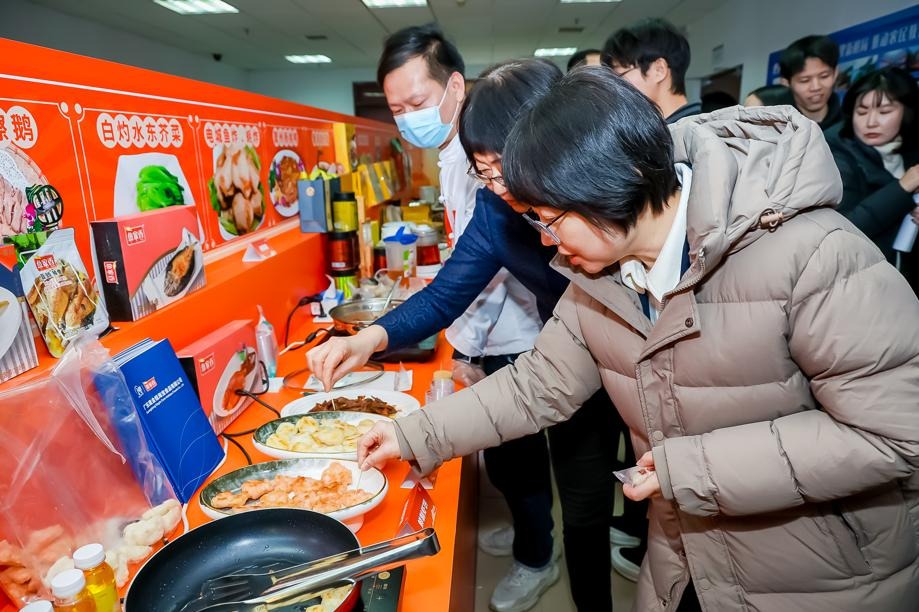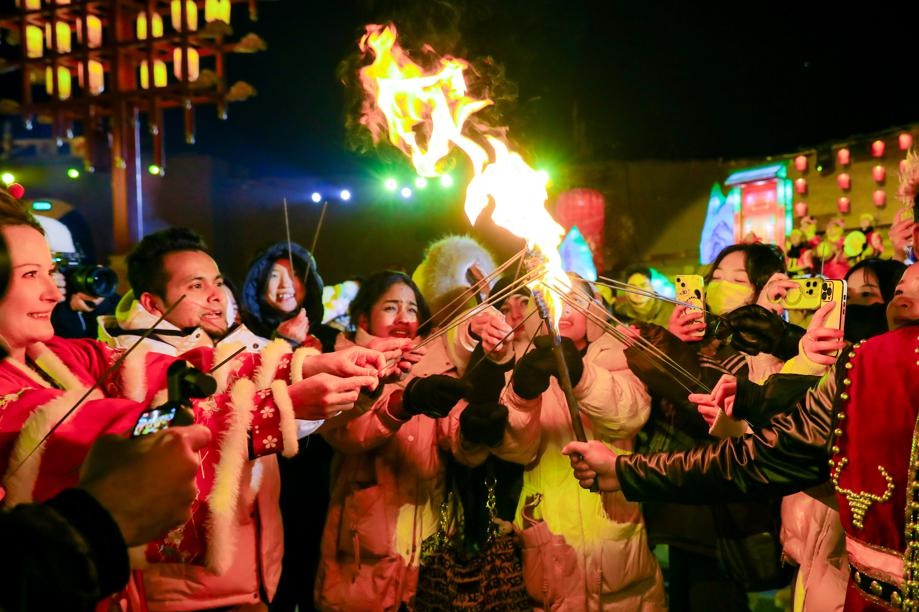HK National Security Law does not restrict freedoms: Leung


The Hong Kong National Security Law will not restrict legislators' freedom of expression, Legislative Council President Andrew Leung Kwan-yuen said.
However, he said that opposition legislators should fully understand the content of the law and be careful with their words and conduct. He has also asked the LegCo legal adviser to study the national security legislation and remind legislators of issues they should be careful about.
The national security legislation, which went into effect on June 30, criminalizes acts that "seriously disrupt or undermine" the functions of the body of power of the special administrative region, which supposedly include behavior that disrupts legislative meetings, but the LegCo president disagrees with claims that the law limits room for opposition.
"I don't see that the national security legislation has narrowed (anyone's) freedoms. If legislators have different views and filibuster to a small extent, I think the situation remains the same with or without the national security legislation," he said.
People who challenge the new law will be responsible for the consequences, as the law makes it an offense to paralyze the legislature, according to Leung.
"A legislator should not advocate secession and terrorist activities in the chamber after swearing to uphold the Basic Law, which says Hong Kong is an inalienable part of China in Article 1. Mere expression of opinion does not constitute an offense under the security law.
"To me, the national security legislation is clear enough that the large majority of Hong Kong people will not violate the law. Legislators should fully familiarize themselves with the National Security Law. If they do, things they say and the fulfillment of the official duties will be free from risks," Leung said.
The LegCo president declined to comment whether future acts similar to those committed by opposition lawmaker Dennis Kwok Wing-hang to delay the election of the House Committee chairman in the seven months since October constitute an offense under the security law. It is up to the government to decide whether to prosecute him, and the courts on whether to hear the case, Leung said.
He said he did not take action to address the deadlock in the legislature that resulted from Kwok's delaying tactics on legal advice from local and the United Kingdom counsels in March.
"We should follow procedures and let the public see how he exploited the opportunity to preside over the meetings to delay the election, which normally takes 10 minutes and no more than 30 minutes.
"The legal advice from Senior Counsel Benjamin Yu says Kwok has abused power before I intervened with Rule 92 of the Rules of Procedure. With this as a ruling, the next LegCo president and chairman of other committees and panels may refer to this, demanding the cessation of matters unrelated to elections," he said.
- Shanghai to enhance community healthcare centers
- Shanghai continues to enrich ecological environment
- Shanghai to enhance education reform aligned with social needs
- Shanghai adds 622,000 new urban jobs in 2024
- Shanghai ramps up elderly care amid aging population
- Shanghai ramps up urban renewal to boost living quality





































